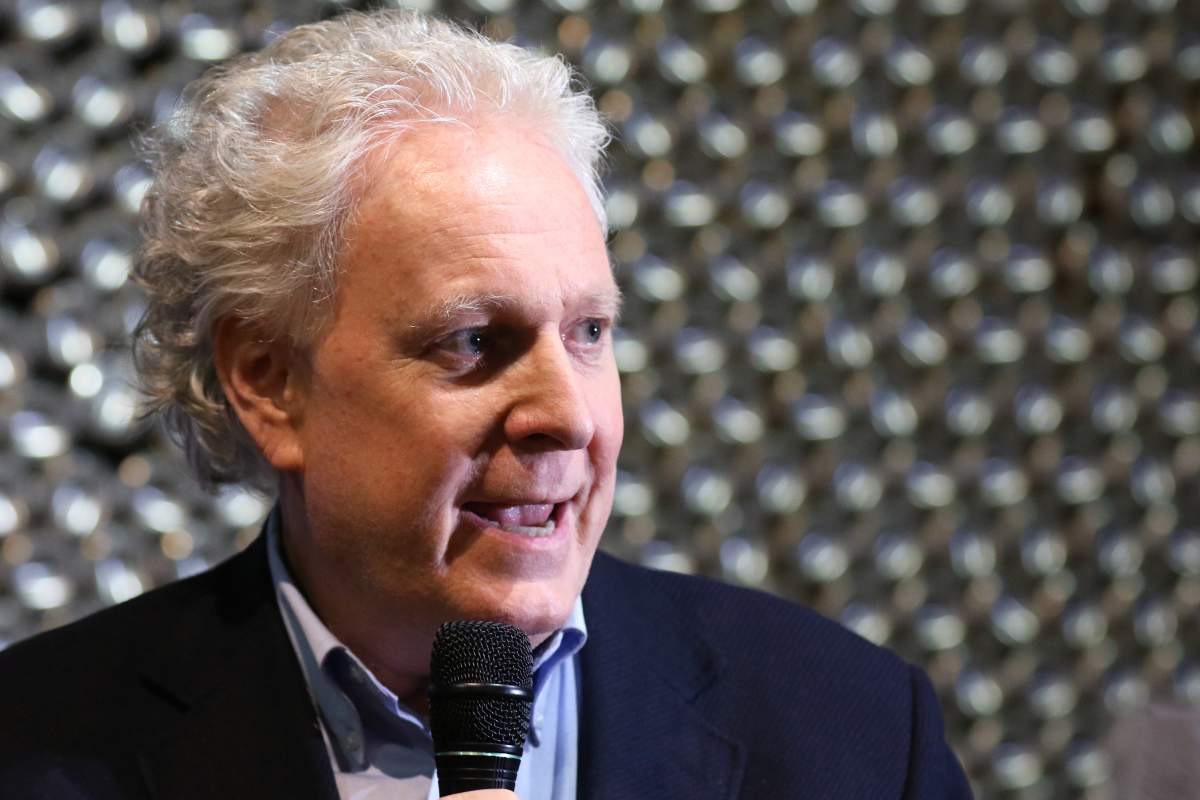Jean Charest says when it comes to lifting federal COVID-19 mandates, leaders should listen to health experts and not replace that advice with their own judgment.

Federal Conservatives and their supporters have long been calling for the removal of vaccine mandates for domestic air travellers, public servants and those working in federally regulated industries.
Tory MPs say rapid testing should be allowed for those who choose to be unvaccinated. They have dismissed the mandates, announced by Prime Minister Justin Trudeau before last summer’s federal election, as driving division in the country and threatening people’s livelihoods.
Recently, Conservatives have pointed to provinces’ choices to drop their vaccine passport rules along with remaining health restrictions, following the Omicron-driven wave of the pandemic when infections soared.
Charest, however, said decisions about the federal mandates that remain in place should be made according to the advice of health professionals.
“That’s why they’re there,” the Conservative leadership candidate said in a wide-ranging interview on Thursday.
“We shouldn’t try to substitute our judgment to it. There is always an element of political judgment.”
He said he believes Canadians are lacking guidance on what to expect in the months ahead and they deserve to know more so they can plan their lives.
Unlike Charest, most other Conservative leadership contenders stand definitively against COVID-19 mandates and are campaigning on that position.

Get weekly health news
One in particular is Pierre Poilievre, the first entrant into the race. The Ottawa-area MP positioned himself as the candidate promising to restore freedoms to Canadians.
He also embraced a convoy of protesters who rolled into Ottawa in late January demanding an end to vaccine mandates and refused to leave for three weeks, prompting local leaders, police and Trudeau to call the situation a crisis.

Charest said the anger and fatigue people feel about the pandemic is legitimate and those at the convoy deserved to be heard. But a party leader, he said, must draw a hard line between doing what is popular and upholding the rule of law.
“This is about choosing an adult in the room to be leading the party, uniting the party,” he said.
“You can’t say to people, for example, Indigenous groups, if there’s a protest once that that’s illegal, and then say that there’s another protest and that’s OK.”
Without naming names, Charest not-so-subtly referred to Poilievre, who called for an end to rail blockades staged by protesters in 2020 over the construction of a pipeline on a First Nation’s territory in British Columbia.
For his part, Poilievre has dismissed Charest as a “Liberal.” He’s circulated images of Charest next to Trudeau, criticized him for his work with Huawei and labelled him as a supporter of the federal carbon price, which is loathed by many party members.
Charest on Thursday called these attacks a “Trump-style of politics.”
In response, Poilievre said Charest was trying to distract from his own record while he was focused on making “Canada the world’s freest country.”
READ MORE: Former Quebec premier Jean Charest launches Conservative leadership bid
Those watching Charest’s campaign may wonder what shape his environmental plan might take, given that he introduced a cap-and-trade system in Quebec during his time as premier.
Charest said he supports carbon pricing, but wouldn’t say whether any plan from him would include one for consumer goods like fuel.
“Carbon pricing cannot be a penalty for those who live in rural areas. It cannot discriminate against them,” he said.
“The price on carbon needs to be something that is simple and flexible, but not punitive. And the design of it is the key.”
While he rejects Poilievre’s tone in the race, Charest was more complimentary toward fellow candidate and Brampton Mayor Patrick Brown, who entered politics as a young Tory and supported Charest when he led the federal Progressive Conservatives.
“I have a good relationship with Patrick,” he said.
“We’ve stayed in touch over the years, and so I have a lot of respect for Patrick. And I think him being in this race is a good thing.”
Conservatives will pick their new leader Sept. 10.








Comments
Want to discuss? Please read our Commenting Policy first.